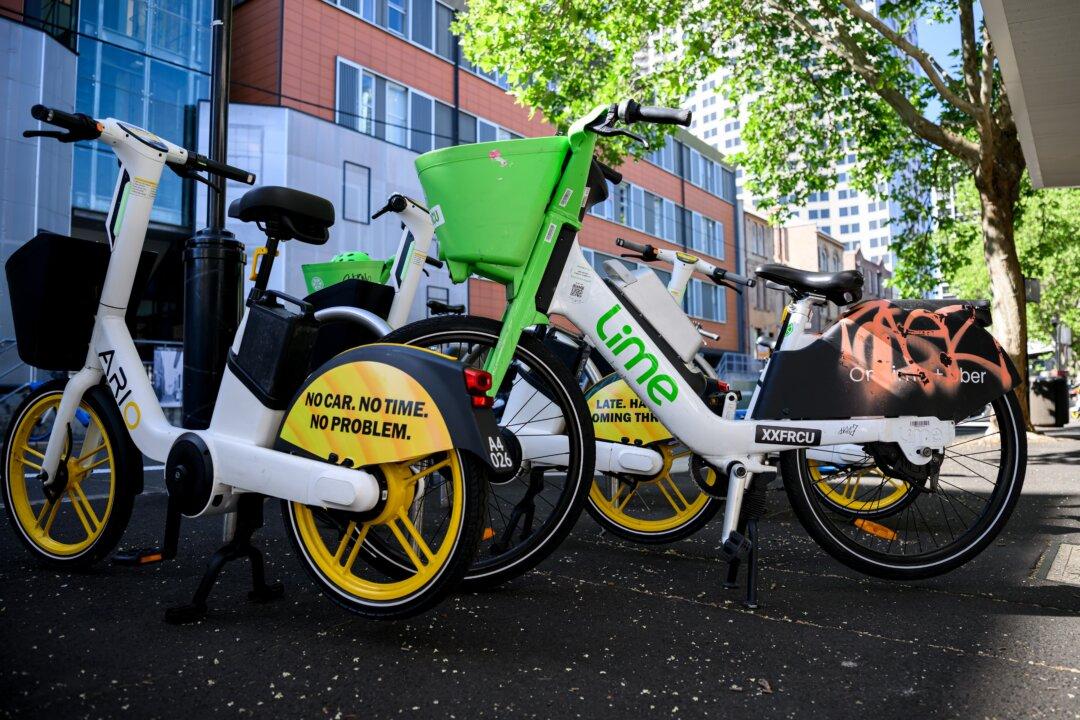Scammers have adopted old scams using new technology, tricking Australians out of nearly half a billion dollars last year.
Criminals have found a way to get around people hanging up on annoying computer technical support calls—by claiming to be the ones trying to catch the scammers.





